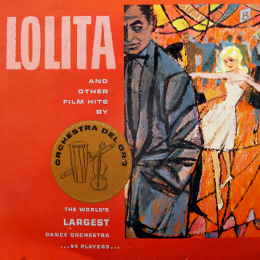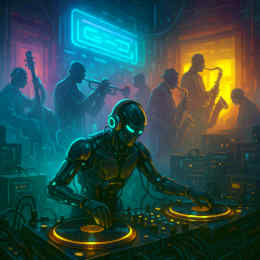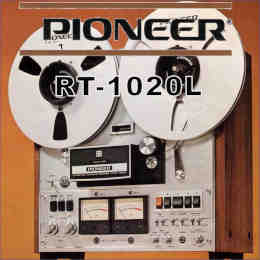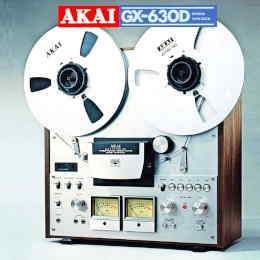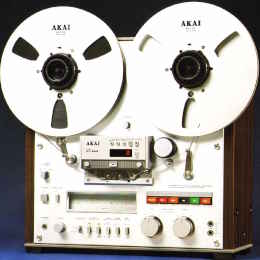Hifi and Audio Notebook
Latest Additions to the Listening Room
Everyday Sound—Notes from the Bench
It's true that a decent Hi-Fi setup can be quite expensive, but that doesn't mean that the rest of us should have to settle for sub-par sound quality. That's why I am excited to explore the world of affordable audio equipment that still delivers excellent sound.
I believe that everyone should be able to experience the full depth and richness of their favorite music, regardless of their budget. By seeking out quality audio equipment that is within reach of the average consumer, we can elevate our listening experience without breaking the bank.
From affordable turntables and speakers to entry-level headphones and portable digital audio players, there are plenty of options available for those of us who want to enjoy high-fidelity sound without the high-end price tag. With a little bit of research and patience, anyone can build a quality audio setup that delivers excellent sound and brings new life to their favorite music.
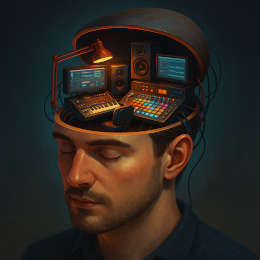
SUNO AI Music
Journal
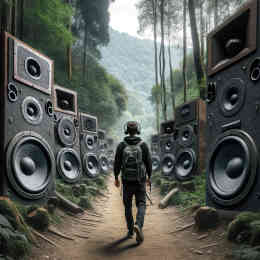
Audiophile
Tourism

The Secret Power
of Music

Your Performance
Boost with Music

Is Music The
Ultimate Mood Booster

Music Strategies
to help Gamers

Top Hi Fi
Listening Conditions

Ultra-Creative
Video Synthesizers

SID 6581/8580
Synthesizers
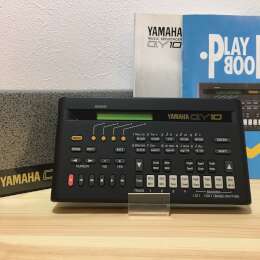
Yamaha QY10
music sequencer
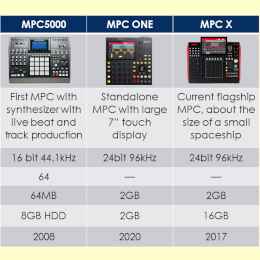
AKAI MPC
comparison chart

7 reasons to build
your loudspeaker

Most amazing C64
music collection
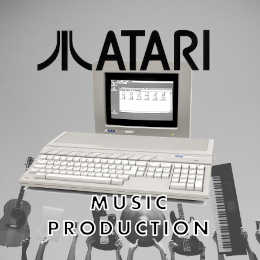
Atari ST
music software

Star Wars Arcade
Speech and Audio

Karaoke on the
Commodore C64?
Machines That Sing—Hi-Fi & Hardware

MIDI
technical journal

MOS 6581 SID
Sound Interface Device

Yamaha PSR-530
Arranger Keyboard
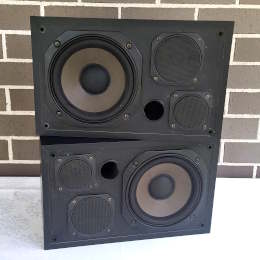
SABA EA 6010
3-way loudspeakers
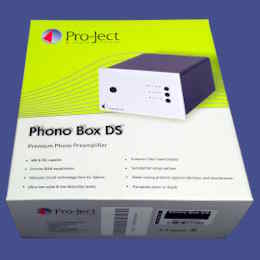
Pro-Ject Phono DS
user experience

Technics SJ-MD100
Minidisc Recorder
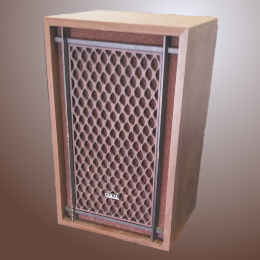
AKAI SW-125
loudspeaker review
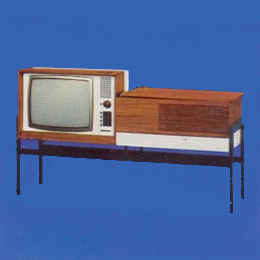
Blaupunkt Colorado
TV & music console

Blaupunkt Arizona
Stereo Receiver

AIWA Hifi
Catalog 1977

AIWA Hifi
Catalog 1976
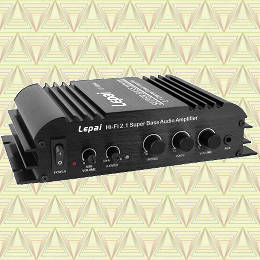
Lepai LP-168HA
Hacker's Review

Emerson CTR 965
Thunderwall
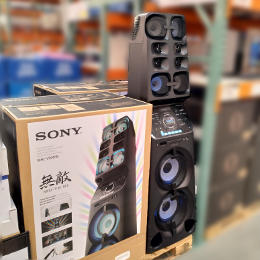
Look at Sony's
tower of Karaoke
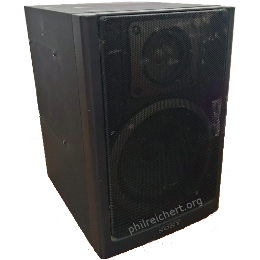
Sony SS-H311
Loudspeaker

Sony 4 inch
woofer

EICO HFS2
Omnispeaker
The Reel Deal—Tape & Time Machines
I'd like to talk about reel-to-reel players - a fascinating piece of audio technology that has largely been forgotten in the modern era. When I was growing up, my parents had a reel-to-reel player, and I was always fascinated by the way it worked. There was something so mesmerizing about the way the reels would spin, and the sound quality was unlike anything I had ever heard.
Reel-to-reel players were first introduced in the 1940s, and were the primary means of audio recording and playback until the rise of cassette tapes and other more portable formats in the 1970s. Despite this, many audiophiles and enthusiasts continue to use reel-to-reel players to this day, and there are still a number of companies that produce new machines and reel-to-reel tapes.
One of the things that makes reel-to-reel players so special is their audio quality. Because the tape is wider and moves faster than other formats, it is capable of reproducing sound with incredible fidelity and detail. However, reel-to-reel players are also notorious for being finicky and difficult to use, and require a great deal of maintenance to keep in good working order.
Overall, I think that reel-to-reel players are a fascinating piece of audio history, and I feel fortunate to have had the chance to experience them firsthand. While they may be impractical and difficult to use by modern standards, they offer a unique listening experience that is hard to replicate with other audio formats.
Hidden Grooves—Vinyl & Oddities
Crate-digging is my favorite pastime. I love nothing more than spending hours sifting through stacks of records in dusty old shops and markets, searching for hidden gems and obscure music that most people have never heard before. There's something about the thrill of the hunt, the excitement of discovering a rare vinyl, that never gets old.
As soon as I walk into a record store, I feel a sense of anticipation and excitement. I make a beeline for the "rare finds" section, or the bargain bins, and start flipping through the records one by one. Sometimes I'm looking for a specific artist or album, but more often than not I'm just browsing, letting my eyes and ears guide me.
A Love Song to Vinyl
Softly I wake you, a touch and a spark,
The spin of your body, the glow in the dark.
A whisper of rhythm, a pulse in the air,
As needle meets groove in a lover’s affair.
Steady my hand as I guide you in place,
Your voice comes alive in a warm, sweet embrace.
The rise and the fall, the sway and the sigh,
A dance we have learned, just you and I.
Time slows to nothing, the world fades away,
Locked in the motion, I beg you to stay.
Every caress, every crackle so true,
Like lips on my ear, you play me through.
When I come across a record that catches my eye, I carefully pull it out of the stack and examine the cover art and tracklist. I love the tactile experience of holding a vinyl record in my hands, feeling the weight and texture of the sleeve, admiring the artwork and reading the liner notes.
Of course, not every record I find is a hidden gem. Sometimes I come across albums that are scratched, warped, or otherwise damaged beyond repair. Other times I'll buy a record based on the cover art or tracklist, only to be disappointed by the music itself. But even these "failures" are part of the fun - they help me refine my taste and develop a more discerning ear.
But when I do find a record that speaks to me - a rare jazz recording, a forgotten funk classic, an obscure world music gem - the feeling is indescribable. I know that I've discovered something special, something that most people have never heard before. And even though the price tag may be a little higher than I'd like, I know that it's worth it to own a piece of music history.


